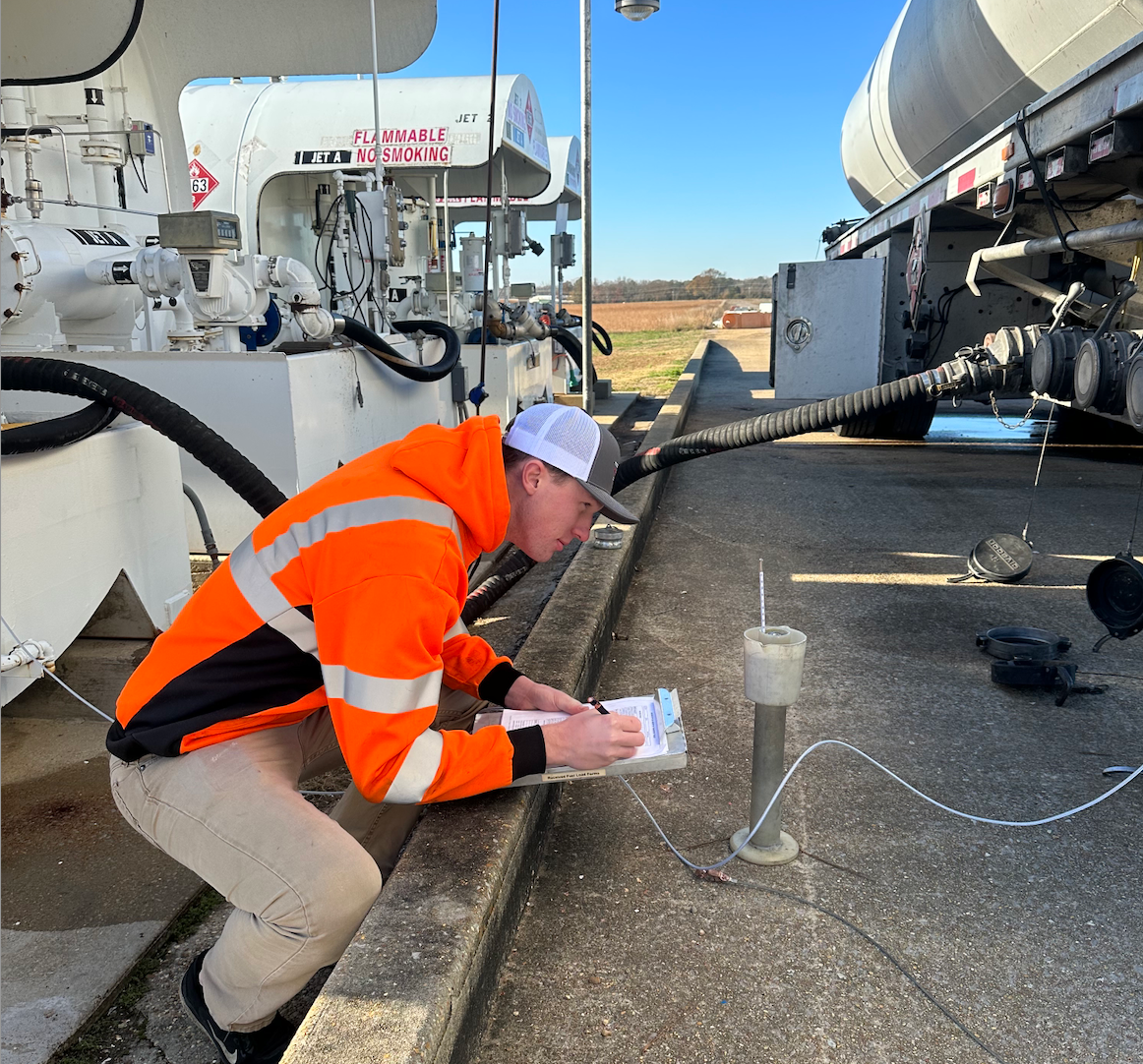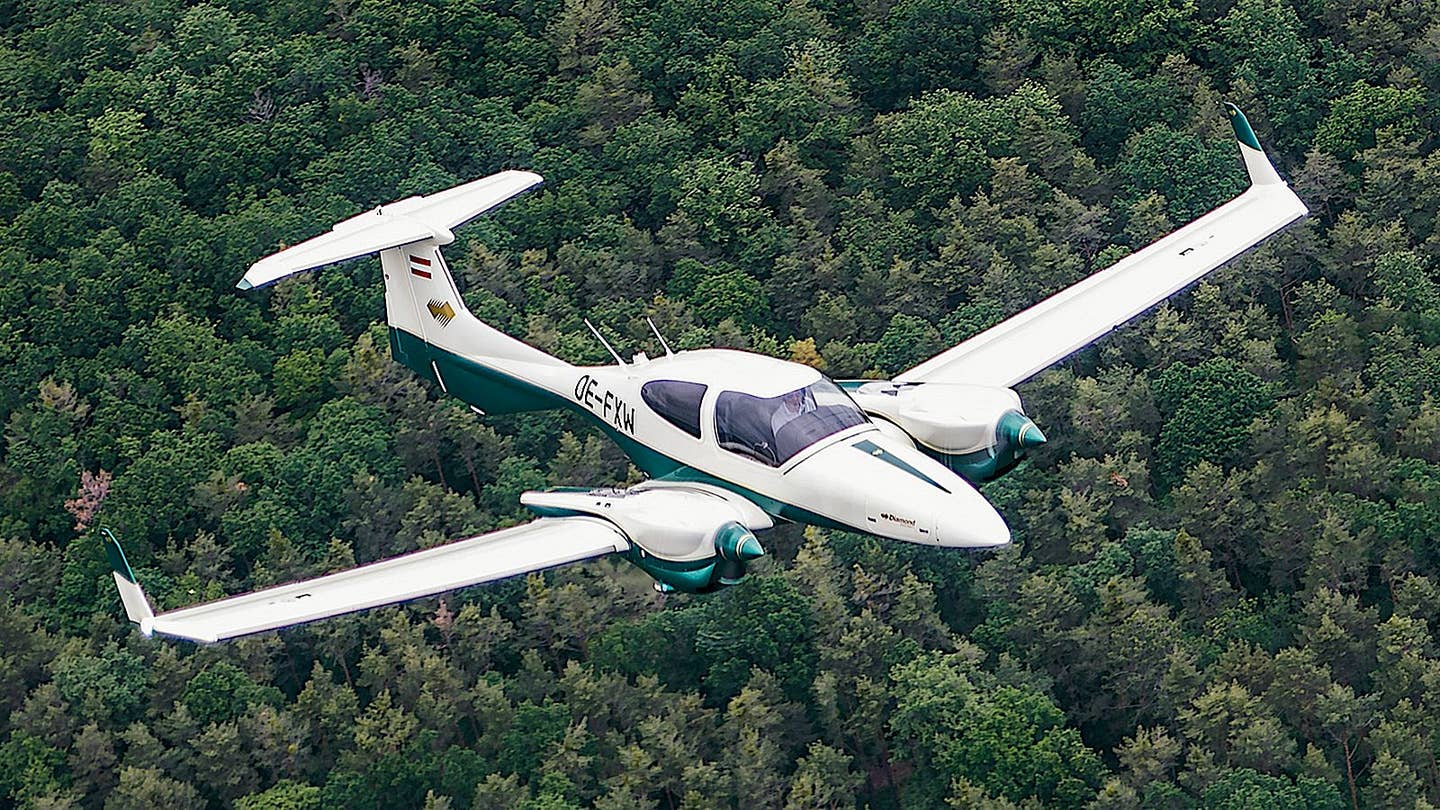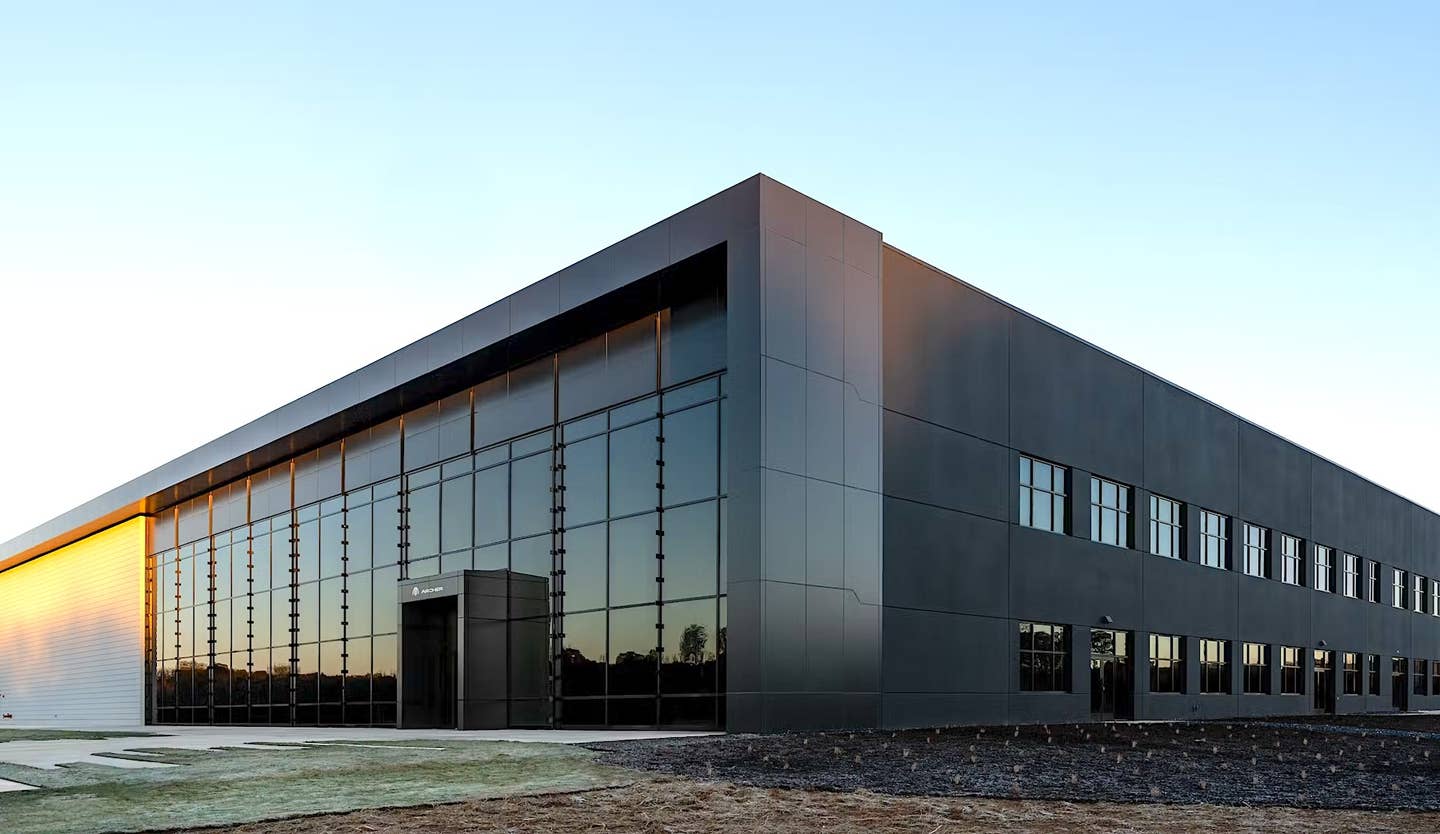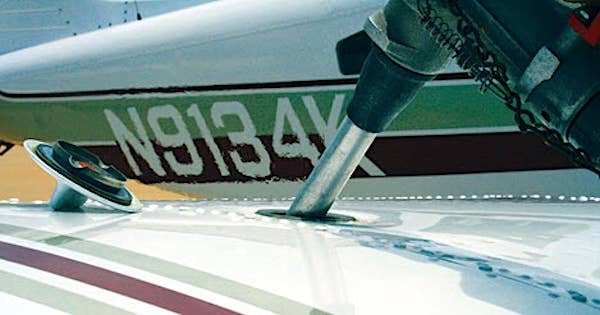MIT’s AI Copilot Improves Human Pilot Performance
MIT says it’s developing an artificial intelligence-driven copilot robot it calls a “guardian” that will monitor the human pilot’s performance and intervene at even the smallest deviation from what the…
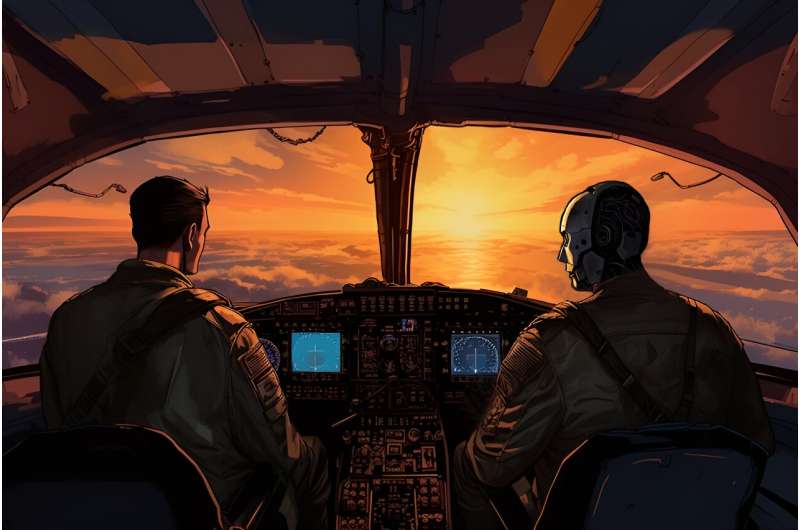
MIT says it's developing an artificial intelligence-driven copilot robot it calls a "guardian" that will monitor the human pilot's performance and intervene at even the smallest deviation from what the AI considers the proper action by the human. Air-Guardian uses eye tracking to determine where the human is focusing and if it doesn't match the AI's gaze, the machine takes control. "If they're both paying attention to the same thing, the human gets to steer," according to the explanation by MIT's Rachel Gordon. "But if the human gets distracted or misses something, the computer quickly takes over."
Gordon writes that current autopilot and navigation systems don't sound the alarm until things go really bad on the flight deck. Air-Guardian nudges and cajoles the human pilot to a level of perfection that should prevent those sorts of in-flight crises. "As modern pilots grapple with an onslaught of information from multiple monitors, especially during critical moments, Air-Guardian acts as a proactive co-pilot; a partnership between human and machine, rooted in understanding attention," the explanation reads. It gets a lot more complicated than that, but the bottom line is that it seems to work, according to MIT. "The guardian reduced the risk level of flights and increased the success rate of navigating to target points," the report said.


